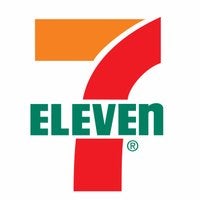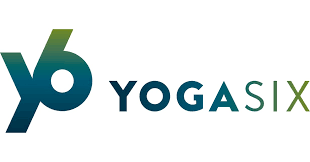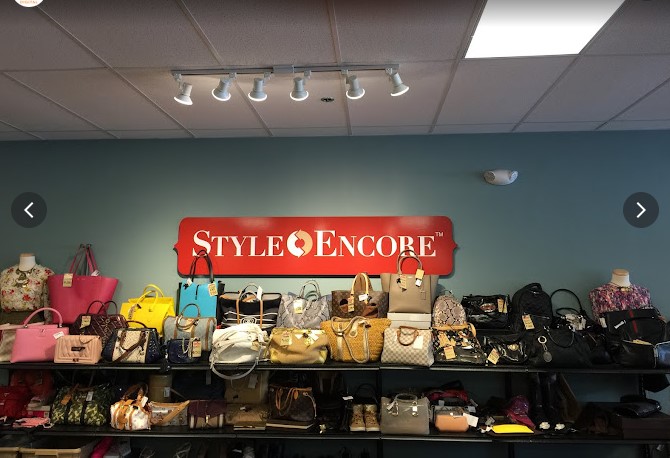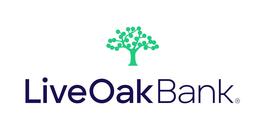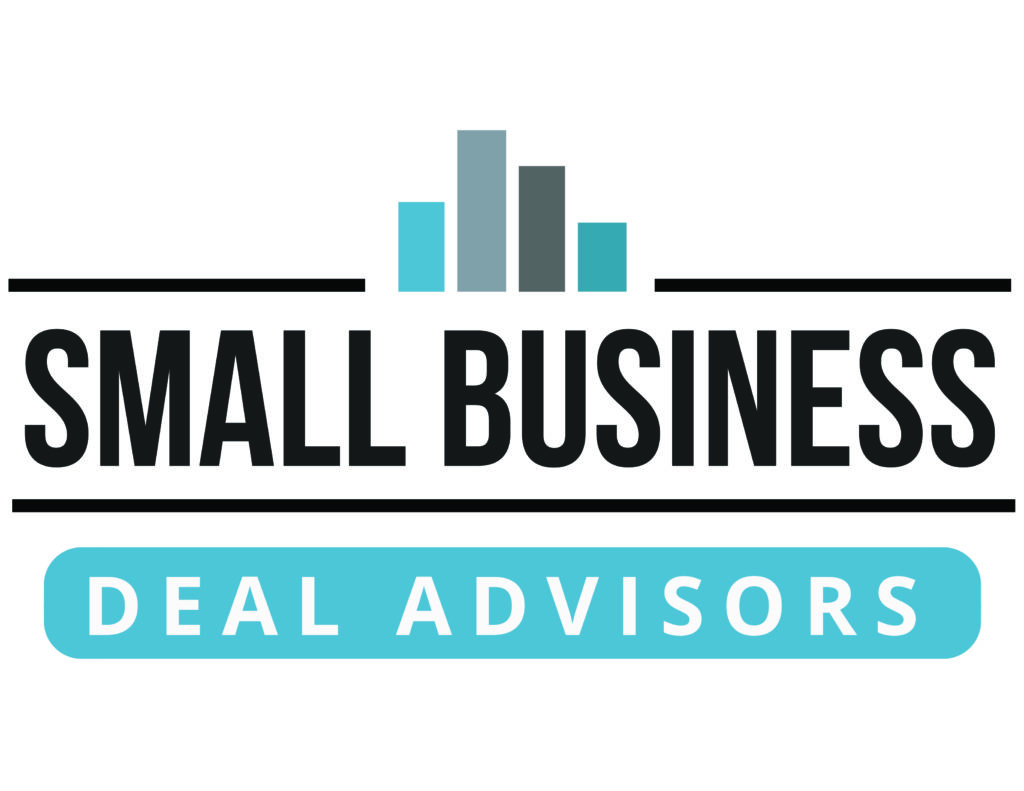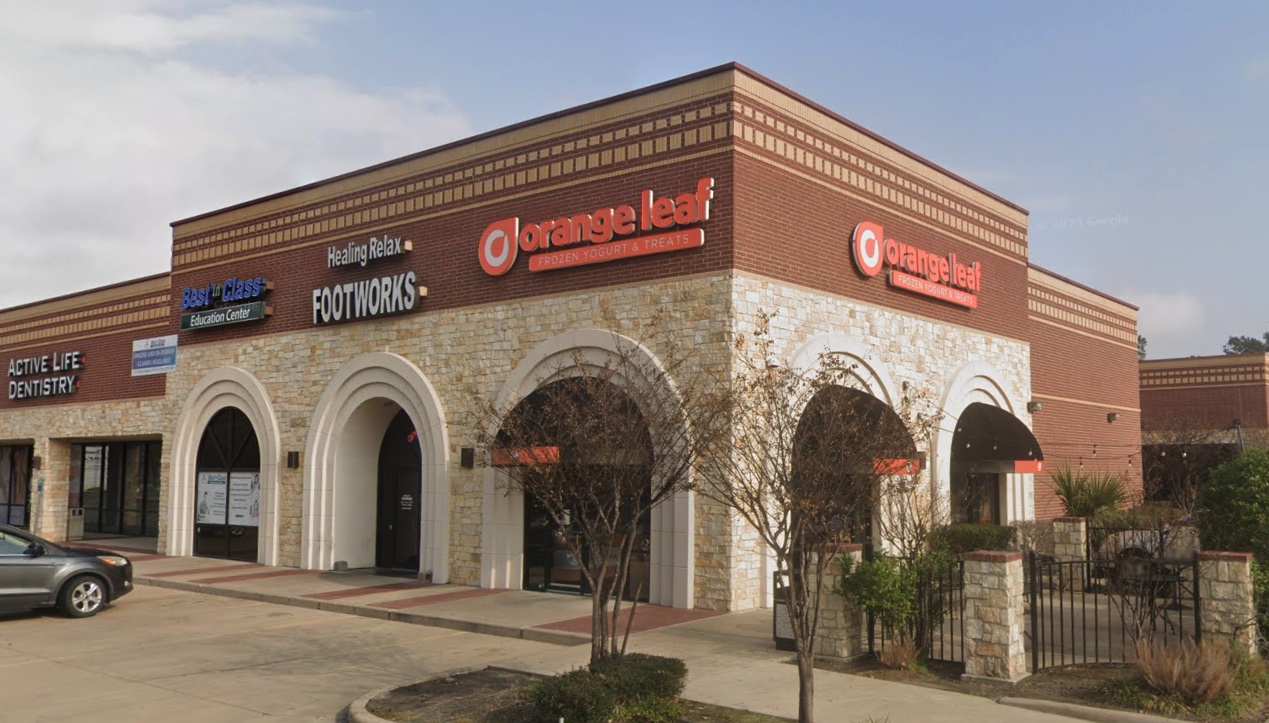Can I sell my franchise to someone else? Yes, you can sell a franchise to someone else, but the process […]
How to Value A Franchise Resale
When your company is being valued for sale, several factors and valuation methodologies will be considered before determining the selling price. They will fall into 3 general categories:
Asset Value: Determining the value of the assets of a business can be done in one of two ways:
1. Add up the value of all assets the business owns (such as real estate, vehicles, plant, equipment, computers, cash, etc.) and subtract all liabilities.
2. Figure out the liquidation value, the estimated amount of cash you could raise if you sold off all the assets today, and subtract all liabilities from that amount. Liquidation value is likely to be lower, depending of course on the current market value for the assets the company owns.
Earnings Value: An earnings evaluation is usually taken to determine what the business can reasonably expect for future cash flow. Once this figure has been reached, the estimated future business expenses are subtracted to determine the company’s projected net profit.
Arriving at an accurate earnings value can be difficult because you cannot predict with 100% certainty future revenue growth. This is often where the business owner is quite a bit more optimistic than an outside observer. The evaluator will look at past earnings, average annual growth/decline, present market conditions and trends, the overall stability of the business itself, and any other relevant factors depending on the specific industry.
Market Value: A market valuation of a business is similar to estimating the market value of a piece of real estate. In both instances, comparable recent area sales are used to arrive at a price. The challenge with valuing a business this way is that there are usually not enough recent sales of comparable businesses in the area to provide a reliable figure. But market value can still play a role in the overall business valuation.
After the business evaluator is able to consider net assets, net earnings, and market value, they are able to come up with an amount that the business owner can reasonably expect to sell for. Of course, whether the owner will actually receive this amount always depends on current market conditions at the time of sale but the business valuation gives the owner a realistic expectation going into the process.
Recent Articles
Why a Salad Franchise is a Fruitful Financial Opportunity
Are salad franchises profitable? Salad franchises can be profitable, but success depends on various factors including location, competition, quality of […]
Home-based Franchise: 12 Options You Can Run Remotely
Can you run a franchise from home? Yes, it is possible to run a home-based franchise, depending on the nature […]
Turnkey Business for Sale: What to Know Before You Buy
Are turnkey businesses profitable? The profitability of turnkey businesses can vary depending on various factors such as the industry, market […]
In Business for Yourself.. and Totally by Yourself !
The much used statement, which screams the benefit of buying a franchise: “In Business For Yourself BUT Not By Yourself,” […]
7-Eleven Franchise: What to Know About Owning a Convenience Store
Owning a 7-Eleven franchise involves a unique business model that is somewhat different from other franchising opportunities. Here's an overview […]


